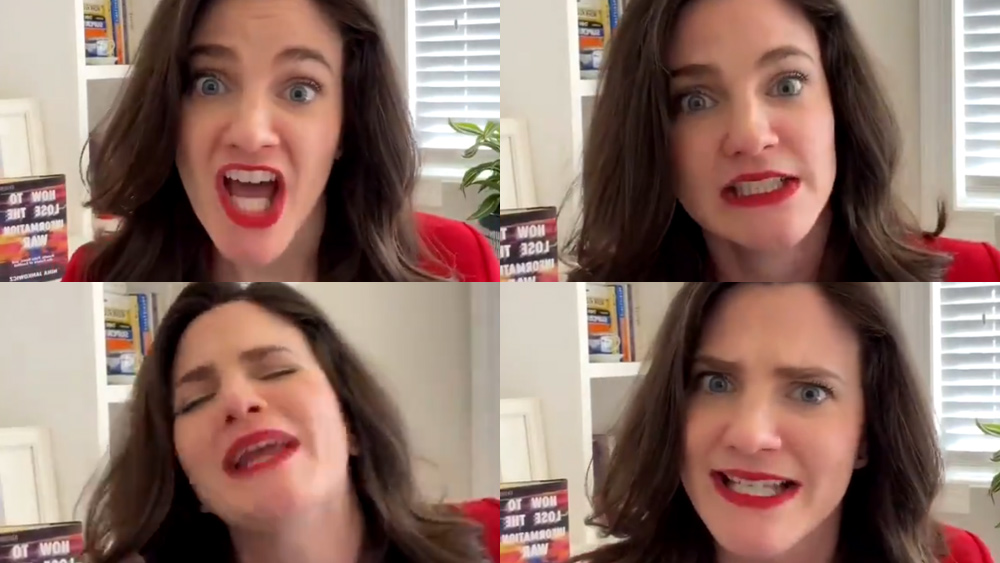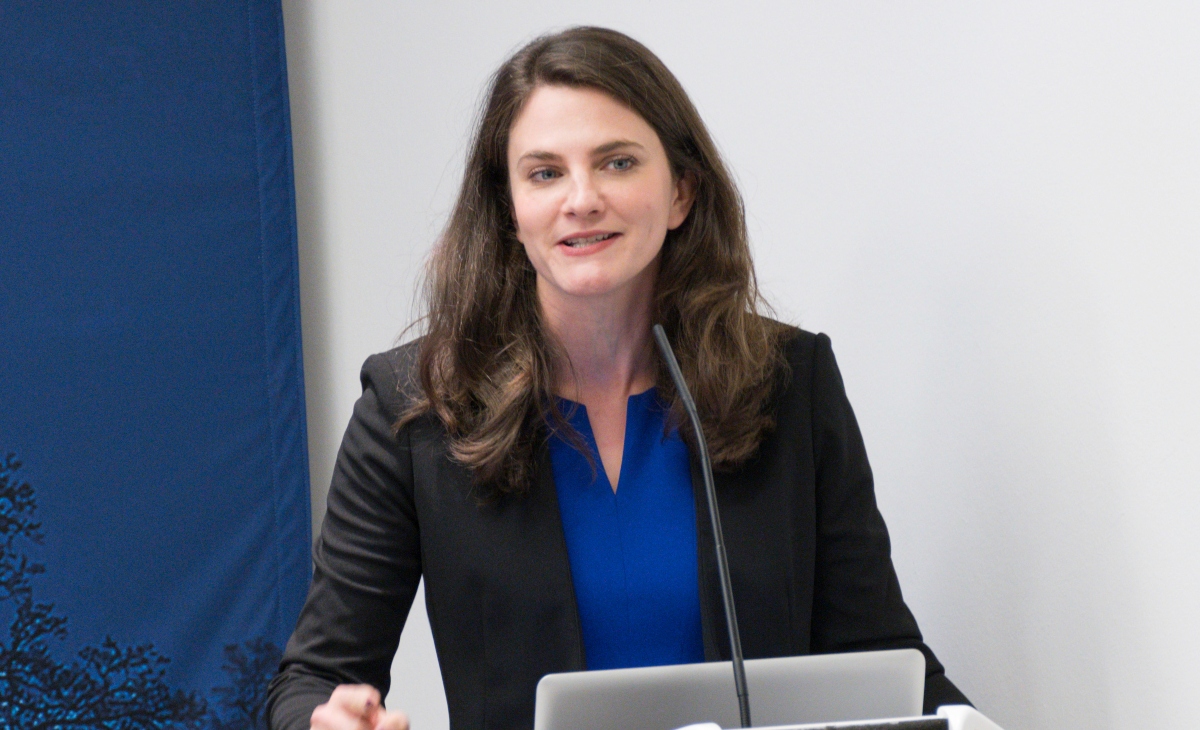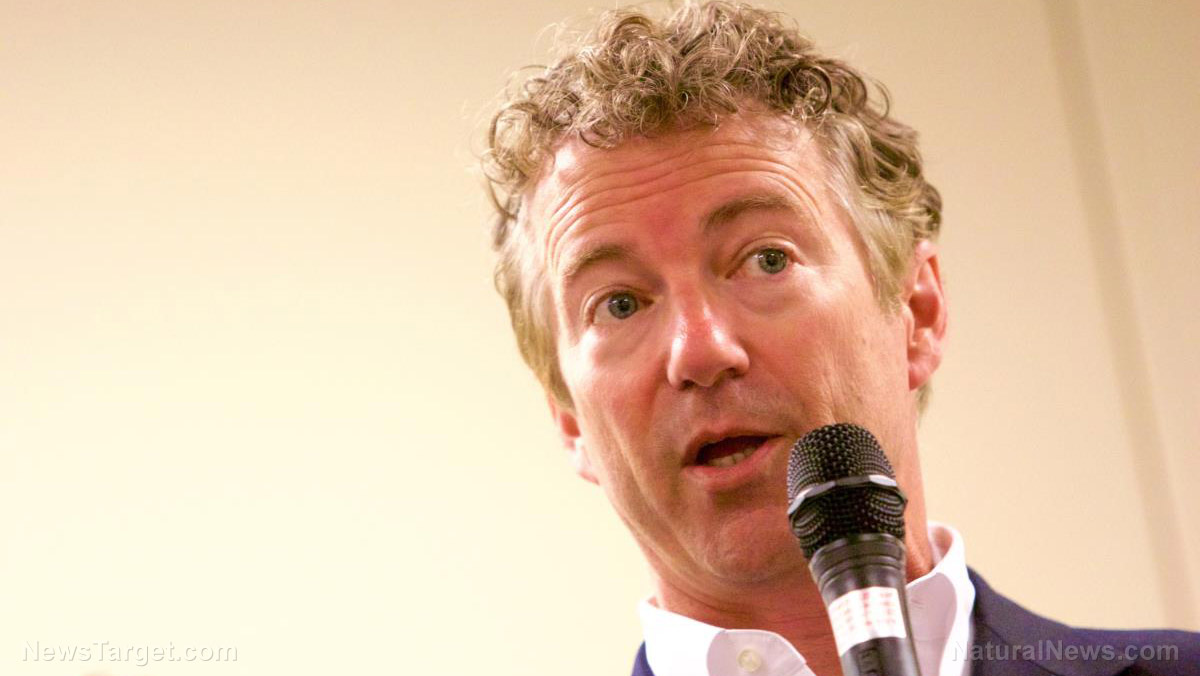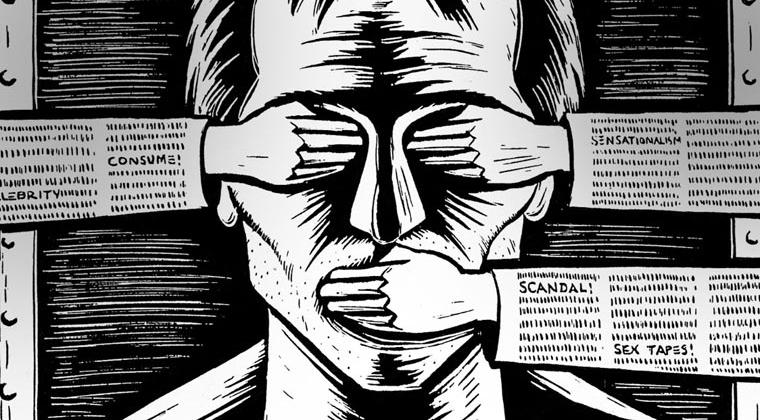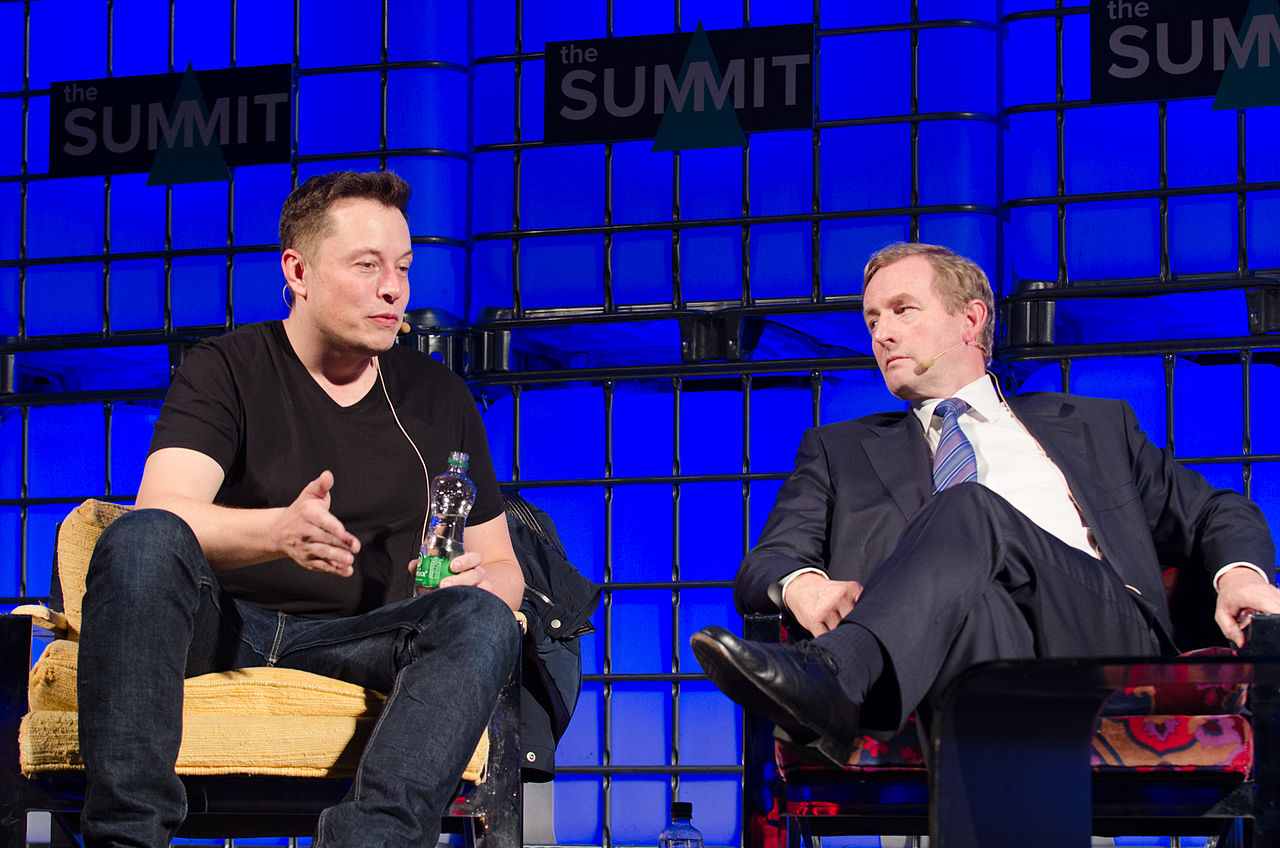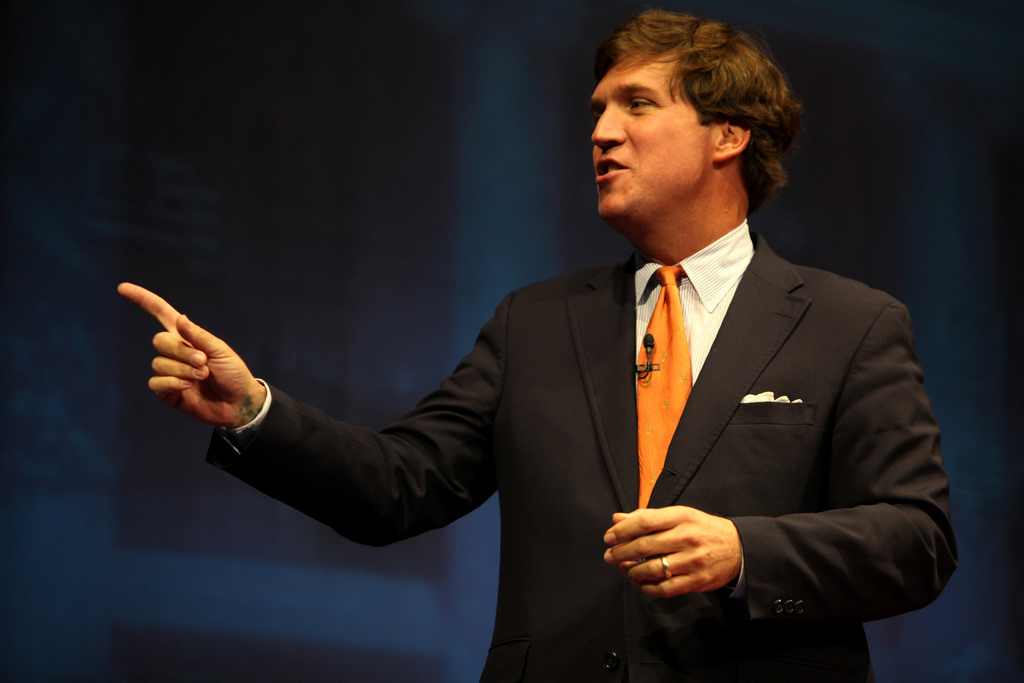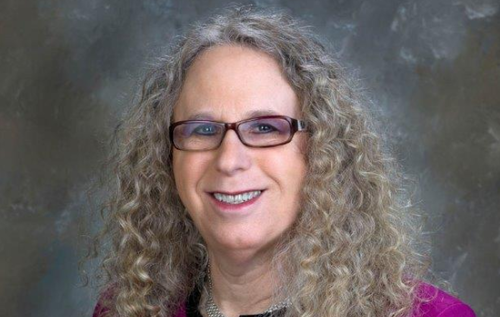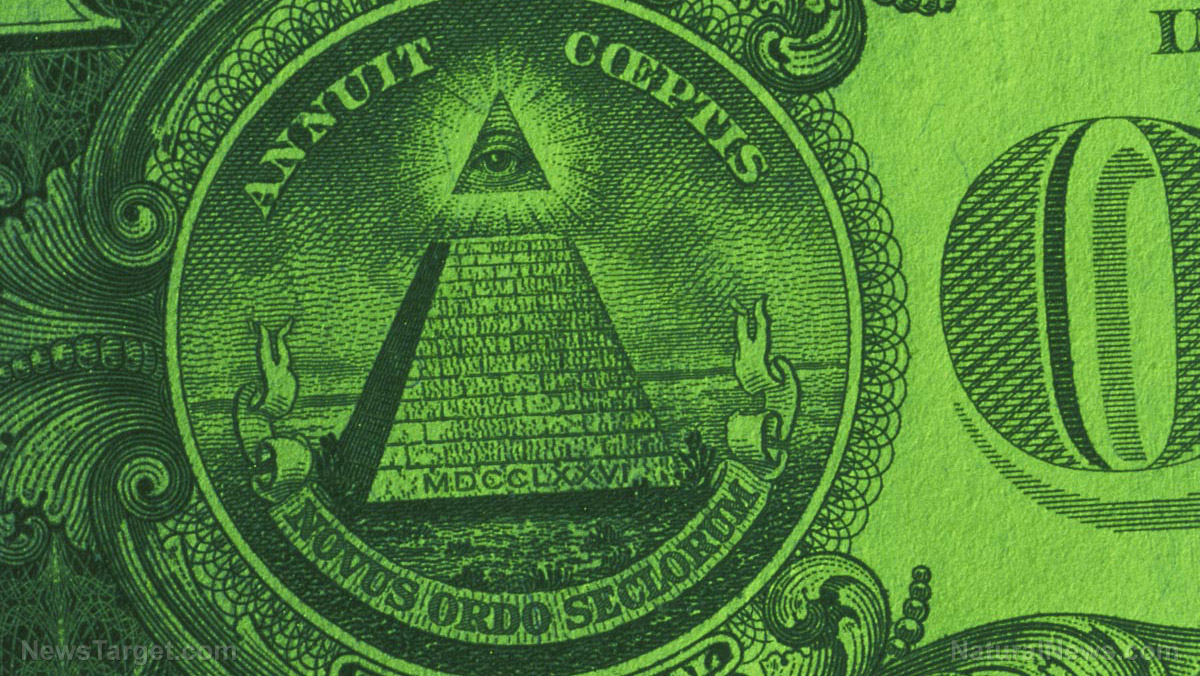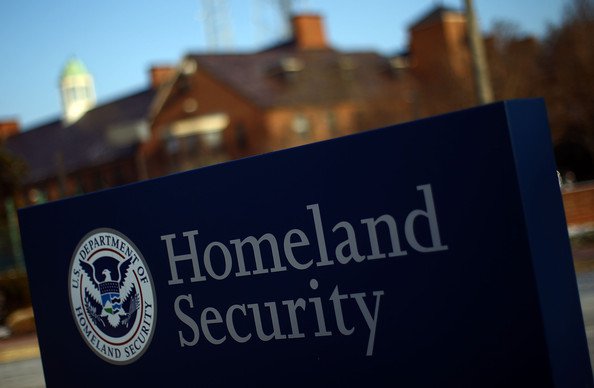Chinese Communists loved by Bernie Sanders now hunting down critics of the way government has handled coronavirus outbreak
02/26/2020 / By JD Heyes

This week, Democratic presidential contender Bernie Sanders, who is now leading the race in many polls, turned heads when he offered backhanded praise for Chinese Communists.
During a Monday night CNN town hall, Sanders attempted to bolster his logic by claiming that Communist China took “more people out of extreme poverty than any country in history,” USA Features News reported.
If he winds up winning the Democratic nomination, no doubt Sanders will have to explain that statement and to a national audience because President Trump won’t let him get away with that. And Trump shouldn’t; the Communist government of China is repressive, authoritarian, and opaque, as we’re seeing when it comes to the handling of the Wuhan coronavirus outbreak.
As reported by Zero Hedge, the government’s notorious censorship has been “turned up to eleven” on a scale of one-to-ten since the outbreak began, and all in an effort to control information about what is really going on inside the country.
Why so much censorship? Wouldn’t China’s leadership welcome any and all expertise they could get from around the world? No, not if you’re a autocratic, authoritarian dictatorship and you don’t want to appear incapable to your people.
That’s why it is now illegal for healthcare workers, crematorium workers and anyone else involved in responding to the virus and its aftermath to discuss what’s taking place.
“Beijing is also using their Orwellian grip over their internet to crack down on the spread of information from citizen journalists, such as Fang Bin and Chen Qiushi — who recorded dozens of reports on the situation in Wuhan, and have both disappeared,” Zero Hedge reports.
The news site Vice has also begun a detailed look at the draconian efforts China’s Communist leaders are taking in order to control the narrative surrounding the virus. That includes the use of online platforms to look for anyone who is spreading ‘non-sanctioned’ information — that is, the truth about what’s really happening — to the world.
Chinese authoritarianism works against Beijing’s best interests
The Chinese government is going to great lengths to locate Twitter and WeChat users in a bid to stamp out any negative news from being shared, and of course, authorities are using some of their favorite tried-and-true techniques: Intimidation, threats, legal action, and arrests.
It should be noted that Twitter is banned in China, but some users there employ a virtual private network (VPN) in order to access the social platform. And it is there they can ‘access the world’ with information before Chinese authorities can track it down and prevent it from being shared.
But those Chinese citizens who are unfortunate enough to be found by authorities are subject to harsh treatment, confiscation of their personal computing devices and cellphones, and, of course, legal recriminations.
This all comes after Beijing has been heavily critiqued for what many believe was its delayed response to the coronavirus outbreak. Also, the censorship apparatus was late in stamping out negative comments online to the government’s response.
“What we did see in general with this outbreak was a brief period inside China when the censorship wasn’t as strict and there was more muckraking journalism going on,” Fergus Ryan, an analyst at the Australian Strategic Policy Institute (ASPI) who studies Chinese social media told VICE News.
Ryan noted further that if Beijing’s controlling leaders would have been less stringent on the crackdown of information, that might have worked to the government’s advantage because it would have allowed more information to get through so authorities could better understand the scope of the pandemic.
But that’s just not in the DNA of Communist authoritarians who instinctively clamp down, censor, and punish first.
And remember, these are the folks Bernie Sanders is partial to.
Sources include:
Submit a correction >>
Tagged Under:
authoritarianism, Beijing, Bernie Sanders, Censorship, China, Chinese citizens, communism, Orwellian, outbreak, pandemic, punishment, speech police, Wuhan coronavirus
This article may contain statements that reflect the opinion of the author
RECENT NEWS & ARTICLES
COPYRIGHT © 2018 SPEECHPOLICE.NEWS
All content posted on this site is protected under Free Speech. SpeechPolice.news is not responsible for content written by contributing authors. The information on this site is provided for educational and entertainment purposes only. It is not intended as a substitute for professional advice of any kind. SpeechPolice.news assumes no responsibility for the use or misuse of this material. All trademarks, registered trademarks and service marks mentioned on this site are the property of their respective owners.

